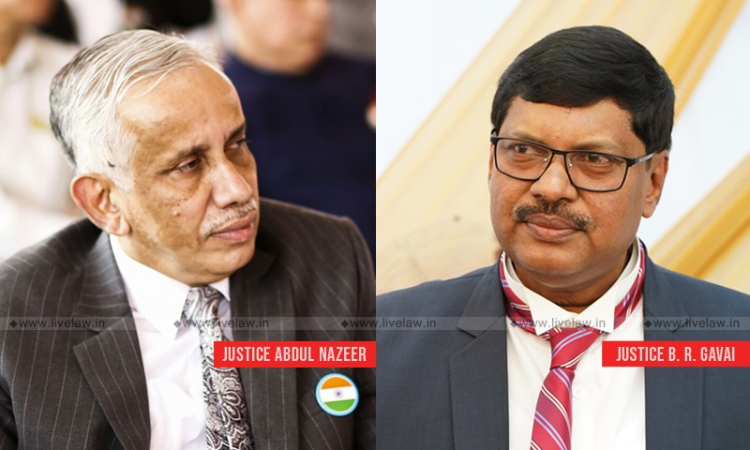Show Cause Notice Must Clearly Mention Intention To Blacklist The Noticee: Supreme Court
LIVELAW NEWS NETWORK
17 Nov 2020 9:08 AM IST

"Blacklisting also has long-lasting civil consequences for the future business prospects of the blacklisted person."
Next Story


